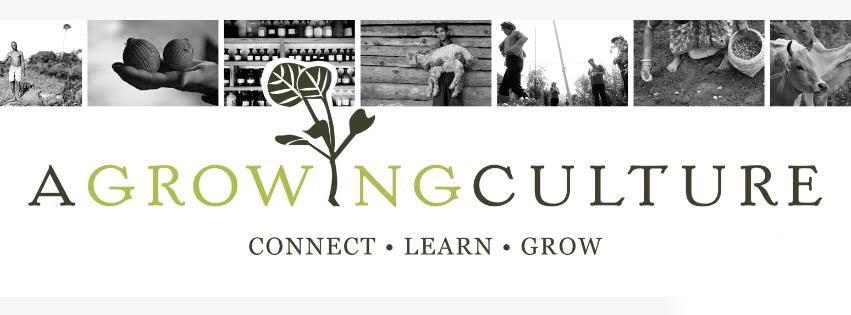Colonialism and farming are completely two different and unrelated words. Simply put, colonialism refers to the practice in which one country extends its control over another territory and its people in such a way that there is economic, political and social dominance while farming entails the cultivation of crops, rearing of animals and other components of agriculture.
Colonialism significantly affected agriculture in colonised territories, often prioritising the production of cash crops for export to colonial powers over local food needs and traditional farming practices. This shift led to the creation of plantation economies focused on commodities like coffee, cotton, and sugar that are often with detrimental environmental and social effects to man and climate change.
A feeler that the two concepts have something in common was revealed in a statement titled, “Is colonialism over: Or has it just changed costumes?”, HyoJin Park of A Growing Culture, a group that seeks to promote food sovereignty and agroecological innovation and working to advance farmer autonomy by fostering a culture of solidarity and supporting grassroots groups and advocates within the food sovereignty movement, has stated that the latest story about Socfin-Bolloré plantations, a large conglomerate of oil palm and rubber plantations, reveals that ‘maybe colonialism has not even bothered to hide under a new guise’.
According to Park, for decades, communities neighbouring the Socfin group’s plantations worldwide allegedly spoke out against the company’s alleged abusive practices, ranging from land grabs to sexual violence, saying their complaints have been vindicated by a surprising source: Socfin’s own paid consultants. It turns out that the two wealthy European families, the Fabris of Belgium and the Bollorés of France, still operate the plantations the way they were run more than 100 years ago when Socfin was first established through both direct and structural violence inflicted on the local communities.

The Earthworm Foundation, a Swiss-based consultancy hired by Socfin, is said to have just-concluded a two-year investigation into 139 complaints against the group’s oil palm and rubber plantations across Asia and Africa. And the results are damning: More than half of the 139 complaints were confirmed “founded” or “partially founded”. A small fraction of 30% were dismissed as “unfounded”. This means that the company itself has been forced to admit that these historical grievances, which some communities have been suffering for more than 10 or 20 years, are valid and true.
Socfin is said to control 372,000 hectares of farmland in 10 countries, where it faces a long history of resistance from impacted communities, as the investigation took them to 12 plantations in Cambodia, Cameroon, Côte d’Ivoire, Liberia, Nigeria and Sierra Leone, accounting for 87% of Socfin’s land holdings. Many of these problems can be said to go back decades. Communities, journalists and civil society organisations, who have denounced them in the past have faced arrests, lawsuits and harassment. As a result, many have no faith in the company’s willingness to fix these problems on its own.
It is instructive to note that environmental reporters interested in climate justice are communities have been fighting for decades without any accountability from those making billions off extraction and exploitation. Socfin’s key shareholder, the Bolloré group, and financiers are said to be complicit, as they have benefited financially or helped fund the company’s activities that have contributed to these harms. These allegedly include the International Financial Corporation, a World Bank Group member, banks like BNP Paribas or UBS, and some host country governments, as Bolloré’s own shareholders, like the Norwegian Pension Fund.
Some of these plantations are said to be part of global supply chains for multinational corporations like Nestlé and Goodyear, as women are reported to bear the worst of these abuses. “Women suffer the most from these plantations”, said Aminata Massaquoi of the Women’s Network Against Rural Plantations Injustice in Sierra Leone. “In Malen, where Socfin operates, women have lost their own land which gave them a regular source of food and income, and access to the woods where they got their medicine”, the statement stated further.



